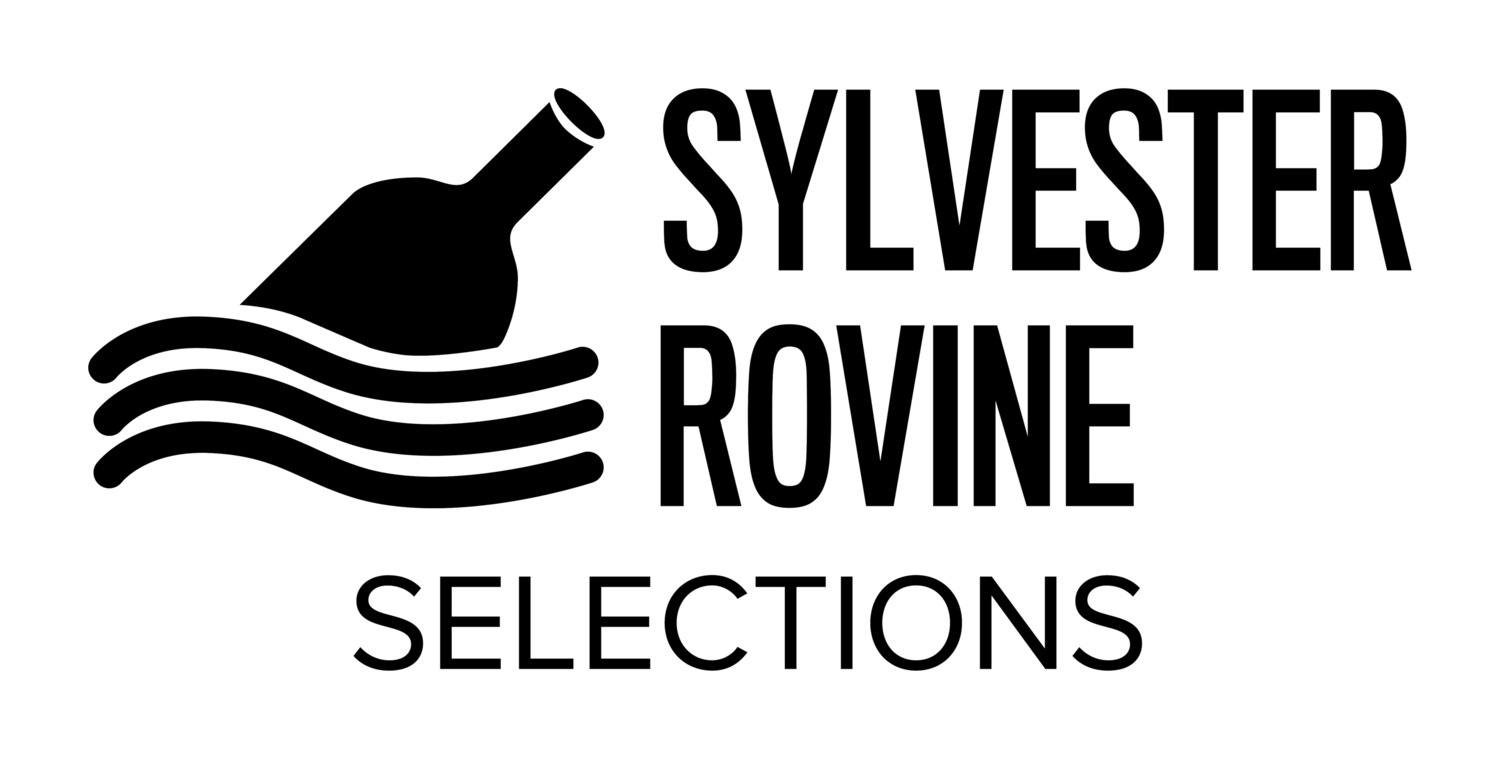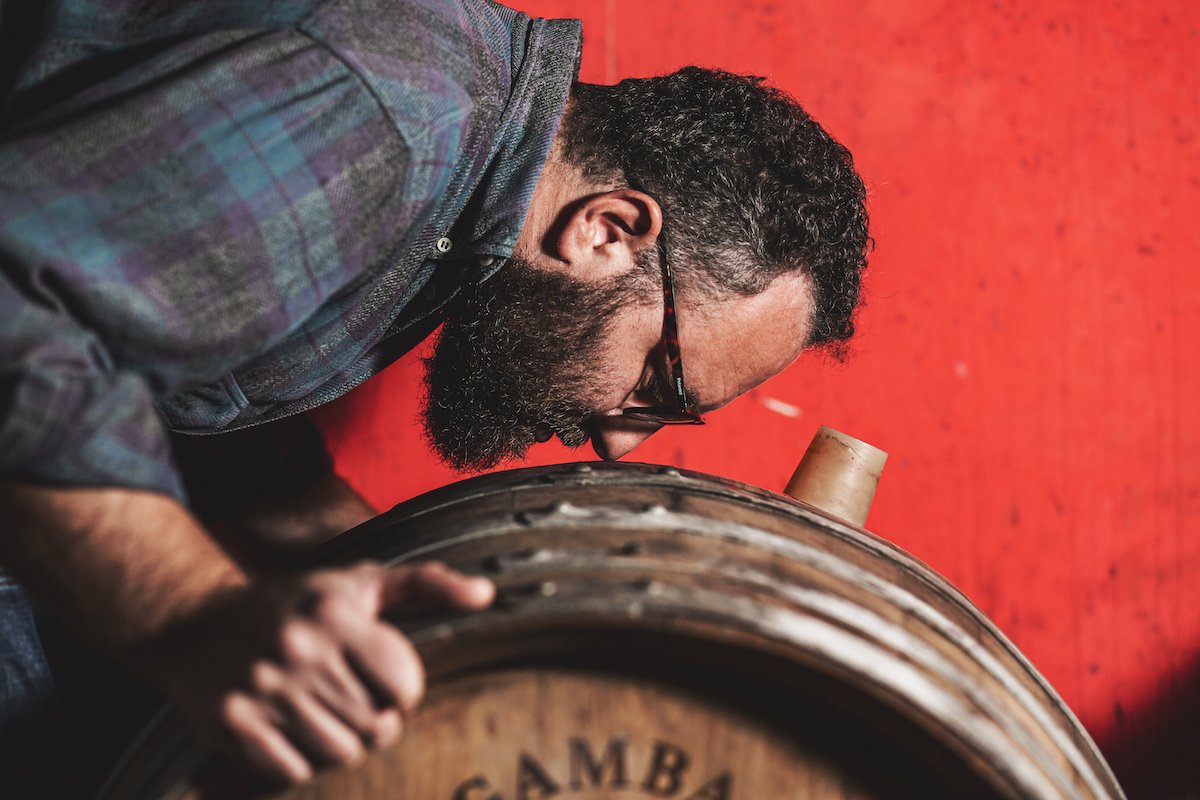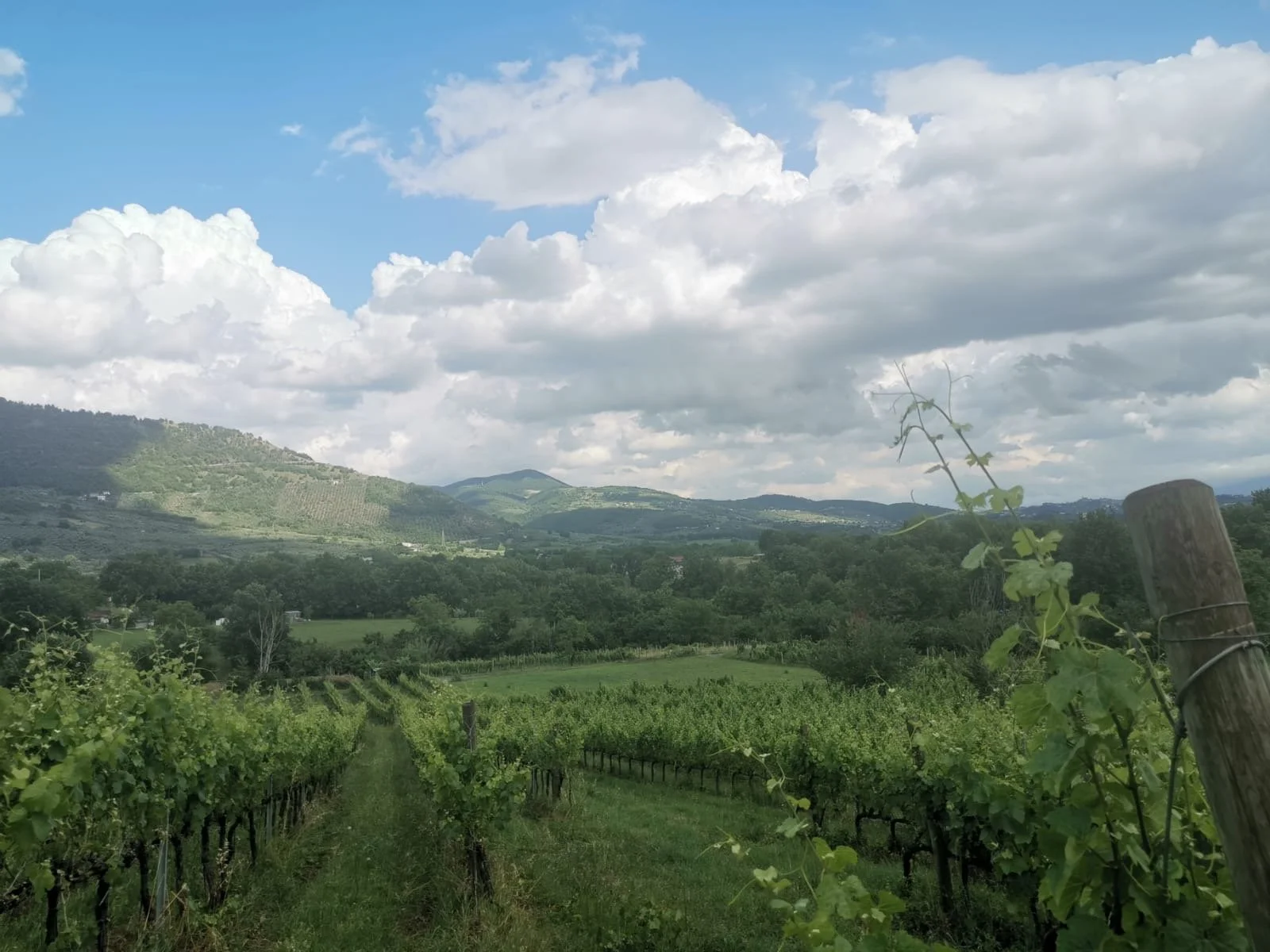ABBIA NOVA, Lazio, Italy
Cousins Daniele and Pierluca Proietti are from Piglio, south of Rome in the Lazio region. They own 7 hectares of vineyards, divided into many small parcels on the most important crus of Cesanese del Piglio DOCG. All the vineyards are in the town of Piglio, where viticulture dates back to the Roman Empire. Some of the vineyards are home to ancient archeological finds of Nerva and Traiano’s villas that prove their very long history. The vineyards are between 15 and 90 years old, and have either been inherited or acquired by the family throughout the years. In addition to the vines, they cultivate 1000 indigenous olive trees, walnuts, officinal herbs and a vegetable garden.
The family began to approach natural farming in the 80s, through organic agriculture at first and later when Daniele and Pierluca delved into the application of biodynamic principles, the study of Fukuoka’s natural method and the use of homeopathy in agriculture.
They tried blending these theoretical and practical experiences with a winemaking tradition that is inspired by the approach of Roman agronomists like Columella and Catone, the very first examples of natural viticulture in this area. They were lucky to see these principles applied by the old farmers that live nearby. In the vineyard for example, they’ve substituted copper and sulphur with natural resistance activators that they often produce themselves. The most important thing for them is to give energy to the vines by fostering the fertility of the soil and the plant’s wood.
In this area cesanese has been growing for the past 500 years. Along with them, the two cousins grow and “foster” other ancient varietals of the Lazio tradition such as Passerina, Bellone, Ottonese, Nostrano and Fosco Peloso.
They follow a natural and traditional method in the cellar as well, focusing on their personal taste: expressive wines that are able to convey a deep immediate message and don’t need too many words to be fathomed.
They vinify them in an absolute natural manner using steel, concrete, amphoras, glass demijohns: their only tools. There are no added substances and yeasts. They use a very small amount of sulphur whenever necessary, but in general their wines have very little amounts of it. This doesn’t mean that they are funky, at all: they believe that the wines need to stand on their own legs, without external aid, and must be elegant and strong yet graceful.


